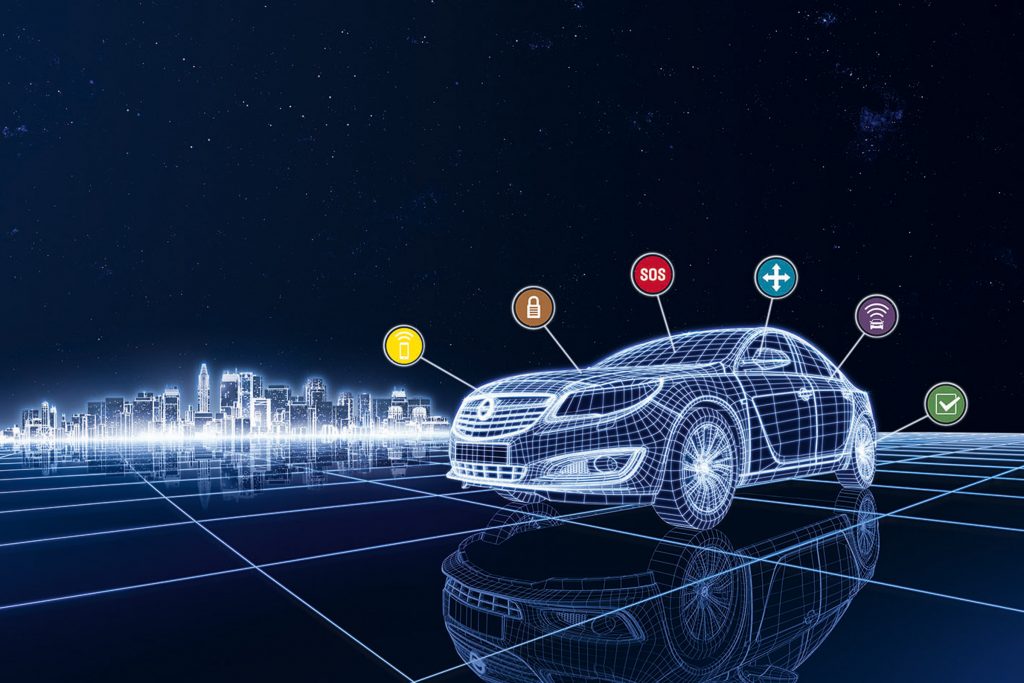When it comes to choosing a vehicle, one of the most important decisions you’ll face is whether to go with an electric car or a gasoline-powered car. With the rapid growth of the electric vehicle (EV) market, many drivers are weighing the pros and cons of each option. Electric cars are becoming more mainstream, with advancements in technology making them more affordable and accessible. On the other hand, gasoline cars continue to dominate the roads, offering a familiar and reliable driving experience. In this article, we’ll explore the key differences between electric cars and gasoline cars to help you determine which option is best suited to your lifestyle, budget, and environmental concerns.
Understanding the Key Differences
Before diving into the specifics of each type of vehicle, it’s important to understand the fundamental differences between electric and gasoline cars. While both serve the same purpose of getting you from point A to point B, their power sources and driving experiences are quite different.

Power Source
The most obvious difference between electric and gasoline vehicles is their power source. Gasoline cars rely on an internal combustion engine (ICE) that burns fuel to power the vehicle. This process generates emissions, which contribute to air pollution and climate change. In contrast, electric cars run on electricity stored in batteries, which power electric motors. This results in zero tailpipe emissions, making EVs a more environmentally friendly option.
Environmental Impact
One of the major selling points of electric cars is their positive impact on the environment. EVs produce zero emissions while driving, significantly reducing their carbon footprint compared to gasoline cars. This is especially beneficial in urban areas where air pollution is a growing concern. However, it’s important to consider the environmental impact of manufacturing and disposing of EV batteries, as well as the source of the electricity used to charge the car. If the electricity is generated from renewable sources like wind or solar, the environmental benefits of EVs are much greater.
Fuel Efficiency
Electric cars are known for their impressive energy efficiency. An electric motor is much more efficient at converting energy into motion compared to a gasoline engine. On average, EVs can travel 3-4 miles per kilowatt-hour (kWh) of electricity, which is far more efficient than gasoline vehicles that typically get 20-30 miles per gallon (MPG). Additionally, the cost of electricity is generally lower than gasoline, making EVs a more affordable option in terms of operating costs.
Performance and Driving Experience
When it comes to driving performance, both electric and gasoline cars offer distinct advantages.
Instant Torque in Electric Cars
One of the most notable features of electric vehicles is their ability to deliver instant torque. Because electric motors provide power instantly, EVs offer rapid acceleration and a smooth driving experience. Many drivers enjoy the quiet and seamless ride that electric cars provide. This is especially true for higher-end EV models, which can achieve impressive acceleration times.
Gasoline Cars and Traditional Power
Gasoline cars, on the other hand, provide a more familiar driving experience for most people. They offer a wider range of performance options, from small compact cars to high-performance sports cars. While gasoline engines don’t provide the same instant torque as electric motors, they still deliver strong performance, especially in more powerful models. Additionally, gasoline cars tend to have a broader selection of models, giving buyers more options when it comes to style and driving preferences.
Range and Convenience
One of the biggest concerns for many potential electric vehicle owners is range. While EVs have come a long way in terms of battery technology, most electric cars still have a more limited range compared to gasoline-powered cars. On average, most electric vehicles can travel anywhere from 150 to 370 miles on a single charge, depending on the model. However, for drivers who frequently take long trips, this range may not be sufficient.
Refueling Time
Refueling a gasoline car is quick and easy, typically taking just a few minutes at a gas station. In comparison, charging an electric car takes longer. While some fast-charging stations can charge an EV to 80% in around 30 minutes, fully charging a car at home using a standard outlet can take several hours. However, with the growing availability of fast chargers and improvements in battery technology, charging times are becoming more manageable.
Cost of Ownership
When deciding between an electric or gasoline car, the total cost of ownership is an important factor to consider. While electric cars generally have a higher upfront cost due to the price of the battery, they tend to be cheaper to maintain over time.

Purchase Price
The initial purchase price of electric cars has been steadily decreasing as production increases and technology advances. However, electric cars are still typically more expensive than their gasoline counterparts, especially when it comes to luxury models. Government incentives and rebates can help reduce the overall cost of an electric vehicle, making them more affordable for many buyers.
Maintenance Costs
Electric cars have fewer moving parts than gasoline cars, which means they require less maintenance. They don’t need oil changes, and there’s less wear and tear on components like brakes and the transmission. This results in lower maintenance costs over the life of the vehicle. Gasoline cars, on the other hand, require regular oil changes, exhaust system repairs, and maintenance on the engine and transmission, which can add up over time.
Charging and Fuel Costs
Charging an electric vehicle is generally cheaper than refueling a gasoline car. The cost of electricity is typically lower than gasoline, and many EV owners save money by charging their vehicles at home during off-peak hours. However, public charging stations may charge higher rates, so it’s important to factor in these costs when considering an EV. Gasoline prices can fluctuate, making it harder to predict long-term fuel costs for traditional vehicles.
Government Incentives and Rebates
To encourage the adoption of electric vehicles, many governments around the world offer incentives and rebates for purchasing an EV. These incentives can significantly reduce the initial cost of an electric car. In addition, some regions offer perks such as tax credits, free access to carpool lanes, and reduced registration fees. Gasoline cars, on the other hand, do not benefit from these kinds of incentives.
Conclusion: Which One is Right for You?
Choosing between an electric car and a gasoline-powered car ultimately depends on your personal preferences, driving habits, and environmental concerns. If you value sustainability, lower operating costs, and cutting-edge technology, an electric vehicle might be the right choice for you. EVs are ideal for urban dwellers who do not drive long distances regularly and have access to home charging stations.
On the other hand, if you often drive long distances, need a quick refuel, or are looking for a more affordable vehicle with a wider selection of models, a gasoline-powered car might be a better fit. Gasoline vehicles remain a reliable and accessible option for many people.
Both electric and gasoline cars have their pros and cons, and the decision comes down to what works best for your lifestyle and preferences. As the electric vehicle market continues to evolve, it’s likely that more people will make the switch to electric, but for now, both options remain valuable choices for drivers.

Leave a Reply